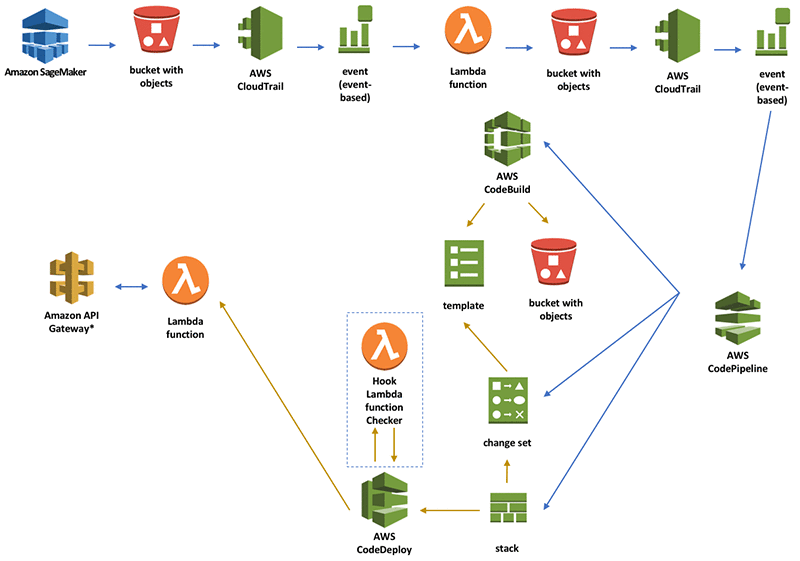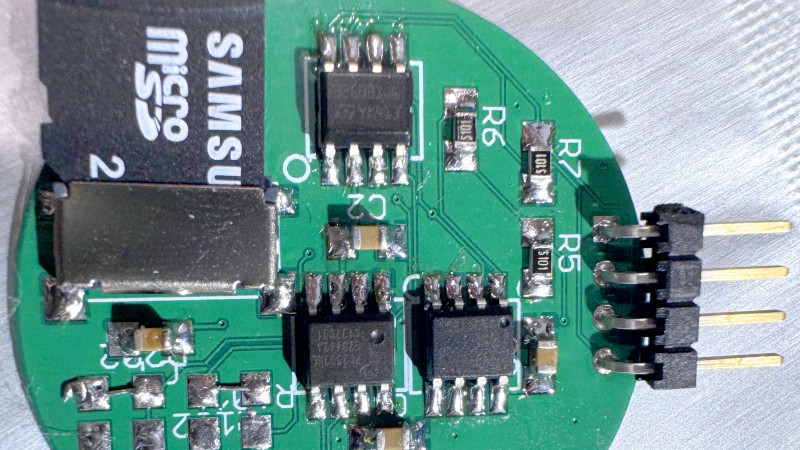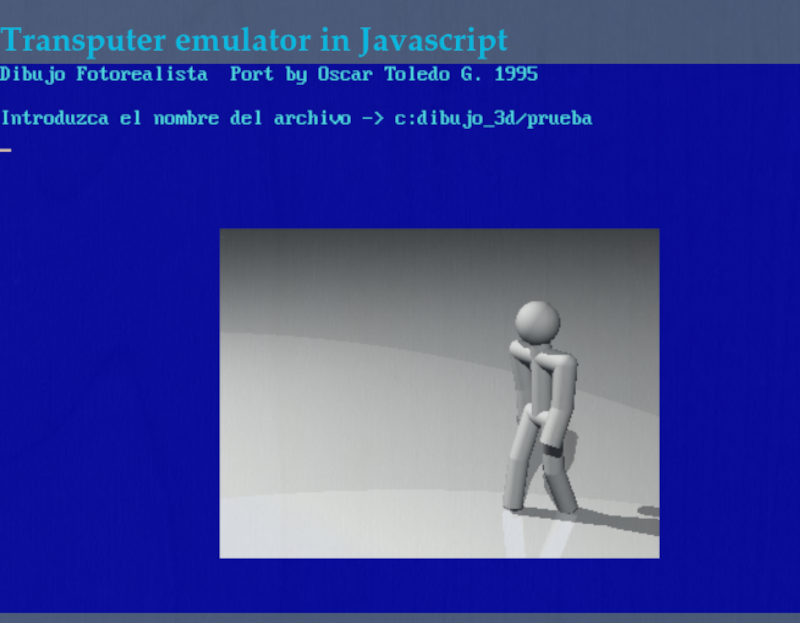from collections import deque
class Graph:
def __init__(self, directed=False, weighted=False):
self.graph = {} # Adjacency list
self.directed = directed # Whether the graph is directed or undirected
self.weighted = weighted # Whether the graph is weighted or not
def add_vertex(self, vertex):
"""Add a vertex to the graph."""
if vertex not in self.graph:
self.graph[vertex] = []
def remove_vertex(self, vertex):
"""Remove a vertex from the graph and its associated edges."""
if vertex in self.graph:
del self.graph[vertex]
for v in self.graph:
# Remove the vertex from other vertex's adjacency list
self.graph[v] = [neighbor for neighbor in self.graph[v] if neighbor[0] != vertex]
def add_edge(self, vertex1, vertex2, weight=None):
"""Add an edge between vertex1 and vertex2 (directional or not, weighted or not)."""
if vertex1 not in self.graph:
self.add_vertex(vertex1)
if vertex2 not in self.graph:
self.add_vertex(vertex2)
if self.weighted:
# If the graph is weighted, store (neighbor, weight)
self.graph[vertex1].append((vertex2, weight))
if not self.directed:
self.graph[vertex2].append((vertex1, weight))
else:
# If the graph is unweighted, just store the neighbor
self.graph[vertex1].append(vertex2)
if not self.directed:
self.graph[vertex2].append(vertex1)
def remove_edge(self, vertex1, vertex2):
"""Remove the edge between vertex1 and vertex2."""
if vertex1 in self.graph:
self.graph[vertex1] = [neighbor for neighbor in self.graph[vertex1] if neighbor[0] != vertex2]
if vertex2 in self.graph:
self.graph[vertex2] = [neighbor for neighbor in self.graph[vertex2] if neighbor[0] != vertex1]
def display(self):
"""Display the graph as an adjacency list."""
for vertex, edges in self.graph.items():
if self.weighted:
# For weighted graphs, print edges with their weights
edge_list = [(neighbor, weight) for neighbor, weight in edges]
print(f"{vertex}: {edge_list}")
else:
# For unweighted graphs, print only the neighbors
print(f"{vertex}: {edges}")
def dfs(self, start):
"""Depth-First Search (DFS) traversal from start vertex."""
visited = set()
self._dfs_recursive(start, visited)
print()
def _dfs_recursive(self, vertex, visited):
"""Recursive DFS helper."""
visited.add(vertex)
print(vertex, end=" ")
for neighbor in self.graph[vertex]:
if self.weighted:
neighbor = neighbor[0] # Get the vertex from (neighbor, weight) tuple
if neighbor not in visited:
self._dfs_recursive(neighbor, visited)
def bfs(self, start):
"""Breadth-First Search (BFS) traversal from start vertex."""
visited = set()
queue = deque([start])
visited.add(start)
while queue:
vertex = queue.popleft()
print(vertex, end=" ")
for neighbor in self.graph[vertex]:
if self.weighted:
neighbor = neighbor[0] # Get the vertex from (neighbor, weight) tuple
if neighbor not in visited:
visited.add(neighbor)
queue.append(neighbor)
print()
def has_cycle(self):
"""Check if the graph contains a cycle."""
visited = set()
recursion_stack = set()
for vertex in self.graph:
if vertex not in visited:
if self._has_cycle_recursive(vertex, visited, recursion_stack):
return True
return False
def _has_cycle_recursive(self, vertex, visited, recursion_stack):
"""Helper for cycle detection."""
visited.add(vertex)
recursion_stack.add(vertex)
for neighbor in self.graph[vertex]:
if self.weighted:
neighbor = neighbor[0] # Get the vertex from (neighbor, weight) tuple
if neighbor not in visited:
if self._has_cycle_recursive(neighbor, visited, recursion_stack):
return True
elif neighbor in recursion_stack:
return True
recursion_stack.remove(vertex)
return False
# 3. Dijkstra's Algorithm (Shortest Path for Weighted Graphs)
def dijkstra(self, start):
"""Dijkstra’s Algorithm to find the shortest path in a weighted graph."""
# Distance from start node to all other nodes
distances = {vertex: float('inf') for vertex in self.graph}
distances[start] = 0
# Priority queue to store vertices to be processed, ordered by distance
pq = [(0, start)] # (distance, vertex)
while pq:
current_distance, current_vertex = heapq.heappop(pq)
# Skip processing if we already found a shorter path
if current_distance > distances[current_vertex]:
continue
for neighbor in self.graph[current_vertex]:
if self.weighted:
neighbor_vertex, weight = neighbor
else:
neighbor_vertex, weight = neighbor, 1
distance = current_distance + weight
# If a shorter path is found
if distance < distances[neighbor_vertex]:
distances[neighbor_vertex] = distance
heapq.heappush(pq, (distance, neighbor_vertex))
return distances
# 4. A* Algorithm (Shortest Path with Heuristic)
def a_star(self, start, goal, heuristic):
"""A* Algorithm to find the shortest path using heuristic for weighted graphs."""
# Distance from start node
g_costs = {vertex: float('inf') for vertex in self.graph}
g_costs[start] = 0
# Estimated total cost from start to goal through each vertex
f_costs = {vertex: float('inf') for vertex in self.graph}
f_costs[start] = heuristic[start]
# Priority queue to store vertices to be processed, ordered by f_cost (g_cost + heuristic)
pq = [(f_costs[start], start)] # (f_cost, vertex)
came_from = {} # To track the best path
while pq:
_, current_vertex = heapq.heappop(pq)
if current_vertex == goal:
# Reconstruct the path from start to goal
path = []
while current_vertex in came_from:
path.append(current_vertex)
current_vertex = came_from[current_vertex]
path.append(start)
path.reverse()
return path
for neighbor in self.graph[current_vertex]:
if self.weighted:
neighbor_vertex, weight = neighbor
else:
neighbor_vertex, weight = neighbor, 1
tentative_g_cost = g_costs[current_vertex] + weight
if tentative_g_cost < g_costs[neighbor_vertex]:
came_from[neighbor_vertex] = current_vertex
g_costs[neighbor_vertex] = tentative_g_cost
f_costs[neighbor_vertex] = g_costs[neighbor_vertex] + heuristic[neighbor_vertex]
heapq.heappush(pq, (f_costs[neighbor_vertex], neighbor_vertex))
return None # No path found
# 4. Topological Sort (Using DFS)
def topological_sort(self):
"""Perform a topological sort using DFS."""
visited = set()
stack = []
# Helper function for DFS-based topological sort
def dfs(vertex):
visited.add(vertex)
for neighbor in self.graph[vertex]:
if neighbor not in visited:
dfs(neighbor)
stack.append(vertex)
# Perform DFS for all vertices to make sure we get all components
for vertex in self.graph:
if vertex not in visited:
dfs(vertex)
# The stack will contain the topological order in reverse
stack.reverse() # Reverse to get the correct topological order
return stack
# Example usage:
# Test 1: Undirected, Unweighted Graph
print("Test 1: Undirected Unweighted Graph")
graph_undirected_unweighted = Graph(directed=False, weighted=False)
# Add vertices and edges (undirected and unweighted)
graph_undirected_unweighted.add_edge("A", "B")
graph_undirected_unweighted.add_edge("A", "C")
graph_undirected_unweighted.add_edge("B", "D")
graph_undirected_unweighted.add_edge("C", "D")
# Display the graph
print("Graph adjacency list:")
graph_undirected_unweighted.display()
# Perform DFS and BFS
print("\nDFS on undirected unweighted graph starting from A:")
graph_undirected_unweighted.dfs("A")
print("\nBFS on undirected unweighted graph starting from A:")
graph_undirected_unweighted.bfs("A")
# Check for cycles
print("\nDoes the undirected unweighted graph have a cycle?")
print(graph_undirected_unweighted.has_cycle()) # Expected output: True (A-B-D-C-A)
# Test 2: Directed, Unweighted Graph
print("\nTest 2: Directed Unweighted Graph")
graph_directed_unweighted = Graph(directed=True, weighted=False)
# Add directed edges (unweighted)
graph_directed_unweighted.add_edge("A", "B")
graph_directed_unweighted.add_edge("A", "C")
graph_directed_unweighted.add_edge("B", "D")
graph_directed_unweighted.add_edge("C", "D")
# Display the graph
print("Graph adjacency list:")
graph_directed_unweighted.display()
# Perform DFS and BFS
print("\nDFS on directed unweighted graph starting from A:")
graph_directed_unweighted.dfs("A")
print("\nBFS on directed unweighted graph starting from A:")
graph_directed_unweighted.bfs("A")
# Check for cycles
print("\nDoes the directed unweighted graph have a cycle?")
print(graph_directed_unweighted.has_cycle()) # Expected output: False (no cycle)
# Test 3: Undirected, Weighted Graph
print("\nTest 3: Undirected Weighted Graph")
graph_undirected_weighted = Graph(directed=False, weighted=True)
# Add weighted, undirected edges
graph_undirected_weighted.add_edge("A", "B", 5)
graph_undirected_weighted.add_edge("A", "C", 10)
graph_undirected_weighted.add_edge("B", "D", 3)
graph_undirected_weighted.add_edge("C", "D", 7)
# Display the graph
print("Graph adjacency list with weights:")
graph_undirected_weighted.display()
# Perform DFS and BFS
print("\nDFS on undirected weighted graph starting from A:")
graph_undirected_weighted.dfs("A")
print("\nBFS on undirected weighted graph starting from A:")
graph_undirected_weighted.bfs("A")
# Check for cycles
print("\nDoes the undirected weighted graph have a cycle?")
print(graph_undirected_weighted.has_cycle()) # Expected output: True (A-B-D-C-A)
# Test 4: Directed, Weighted Graph
print("\nTest 4: Directed Weighted Graph")
graph_directed_weighted = Graph(directed=True, weighted=True)
# Add weighted, directed edges
graph_directed_weighted.add_edge("A", "B", 5)
graph_directed_weighted.add_edge("A", "C", 10)
graph_directed_weighted.add_edge("B", "D", 3)
graph_directed_weighted.add_edge("C", "D", 7)
# Display the graph
print("Graph adjacency list with weights:")
graph_directed_weighted.display()
# Perform DFS and BFS
print("\nDFS on directed weighted graph starting from A:")
graph_directed_weighted.dfs("A")
print("\nBFS on directed weighted graph starting from A:")
graph_directed_weighted.bfs("A")
# Check for cycles
print("\nDoes the directed weighted graph have a cycle?")
print(graph_directed_weighted.has_cycle()) # Expected output: False (no cycle)
# Test Dijkstra and A* algorithm
print("\nDijkstra's shortest path from A:")
print(graph_directed_weighted.dijkstra("A"))
# Heuristic for A* algorithm (simple example: goal is to get to D)
heuristic = {"A": 10, "B": 8, "C": 5, "D": 0} # Just an example of heuristic values
print("\nA* algorithm path from A to D:")
print(graph_directed_weighted.a_star("A", "D", heuristic))























































.jpg)
%20Abstract%20Background%20112024%20SOURCE%20Amazon.jpg)





















































































































![[The AI Show Episode 142]: ChatGPT’s New Image Generator, Studio Ghibli Craze and Backlash, Gemini 2.5, OpenAI Academy, 4o Updates, Vibe Marketing & xAI Acquires X](https://www.marketingaiinstitute.com/hubfs/ep%20142%20cover.png)































































































































![From drop-out to software architect with Jason Lengstorf [Podcast #167]](https://cdn.hashnode.com/res/hashnode/image/upload/v1743796461357/f3d19cd7-e6f5-4d7c-8bfc-eb974bc8da68.png?#)





































































































.png?#)





.jpg?#)































_Christophe_Coat_Alamy.jpg?#)










































































































![Rapidus in Talks With Apple as It Accelerates Toward 2nm Chip Production [Report]](https://www.iclarified.com/images/news/96937/96937/96937-640.jpg)








































































































































